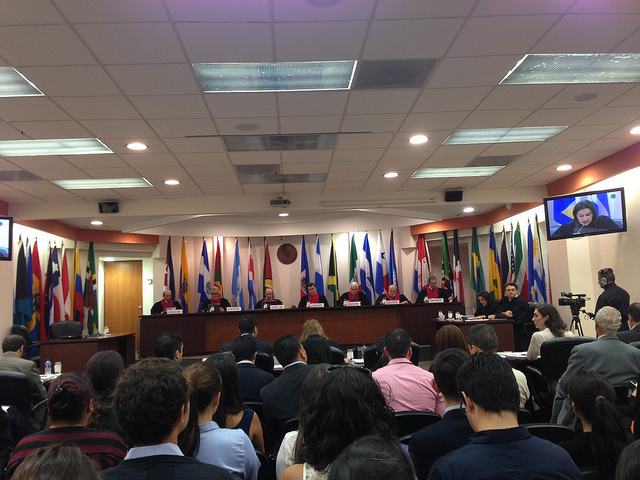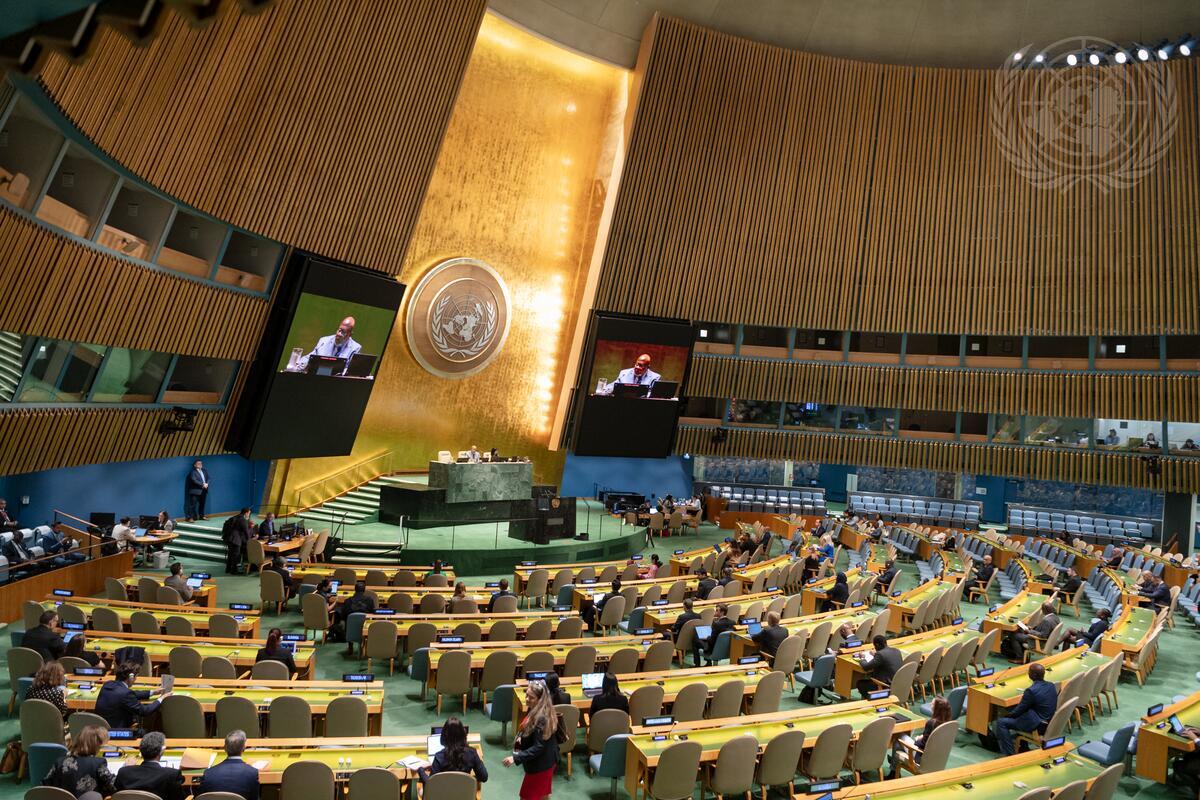
Iran: Human Rights Council must convene a special session
Fifty organisations urge the UN Human Rights Council to urgently convene a special session to address an unprecedented escalation in mass unlawful killings of protesters in Iran.

In a victory for human rights defenders, the Inter-American Court on Human Rights approved a settlement between the Honduran government and the family of the killed environmental rights defender Carlos Escaleras. The settlement includes progressive measures not only to bring justice to the Escaleras family, but also to challenge the stigmatisation of human rights defenders.
On 20 November 2018, the Inter-American Court on Human Rights (‘the Court’) approved the settlement in the case Escaleras Mejía et al. v. Honduras. The case concerned the 1997 killing of Carlos Escaleras, a mayoral candidate who was a proponent of the movement fighting for the environment. Escaleras had also led protests against government decisions that would have impacted the environment negatively. Before his death, Escaleras was threatened, pressured and offered bribes to withdraw his candidacy.
The Court found the State responsible for Escaleras’ death as well as for ongoing impunity in regard to the crime (despite the conviction of two people in relation to the case). The Court found that the State had not exhausted all methods of investigation and that the investigation itself was unreasonably delayed. In addition, the Court places the death of Escaleras in a context of violence experienced by environmental defenders in the country, which continues to this day.
‘The Escaleras settlement and ruling are a positive step forward for human rights defenders everywhere,’ said Michel Forst, UN Special Rapporteur on the situation on Human Rights Defenders. ‘The Court took the context in which defenders work into account and issued a ruling addressing many of the pressing issues for defenders, including physical attacks and stigmatisation.’
Forst had filed an amicus brief to the Court. His amicus brief reiterated the standards contained in the UN Declaration on Human Rights Defenders. In addition, the amicus brief cited his reports related to the situation of human rights defenders.
The Honduran government recognised its role in Escaleras’ death and related human rights violations and agreed to take the following steps, amongst others:
‘This settlement is welcome in requiring the State to take steps in regard to challenging impunity in this particular case and more generally, as well as taking measures to promote the work of defenders,’ said ISHR’s Helen Nolan.
‘Disappointingly, however, in the settlement the Court still characterises the right to defend human rights as a set of rights the State must uphold, rather than a stand-alone right. We’d like to see the Court to acknowledge the right to defend human rights as a stand-alone right, as a means to deepen the guarantees for defenders,’ she noted.
Contact:
Helen Nolan, [email protected]
Photo credit: Eli NW

Fifty organisations urge the UN Human Rights Council to urgently convene a special session to address an unprecedented escalation in mass unlawful killings of protesters in Iran.

The Escazú Ahora Chile Foundation, the Protege los Molles Foundation and ISHR demand that the investigation, arrest and legal proceedings involving Julia Chuñil's relatives be conducted in accordance with international standards of due process.

At a time of financial strife and ongoing reform for the organisation, States have adopted a 2026 budget cutting 117 jobs at the UN’s Human Rights Office. The final budget endorses proposed cuts that disproportionately target human rights, imperilling the UN’s ability to investigate grave abuses, and advance human rights globally.